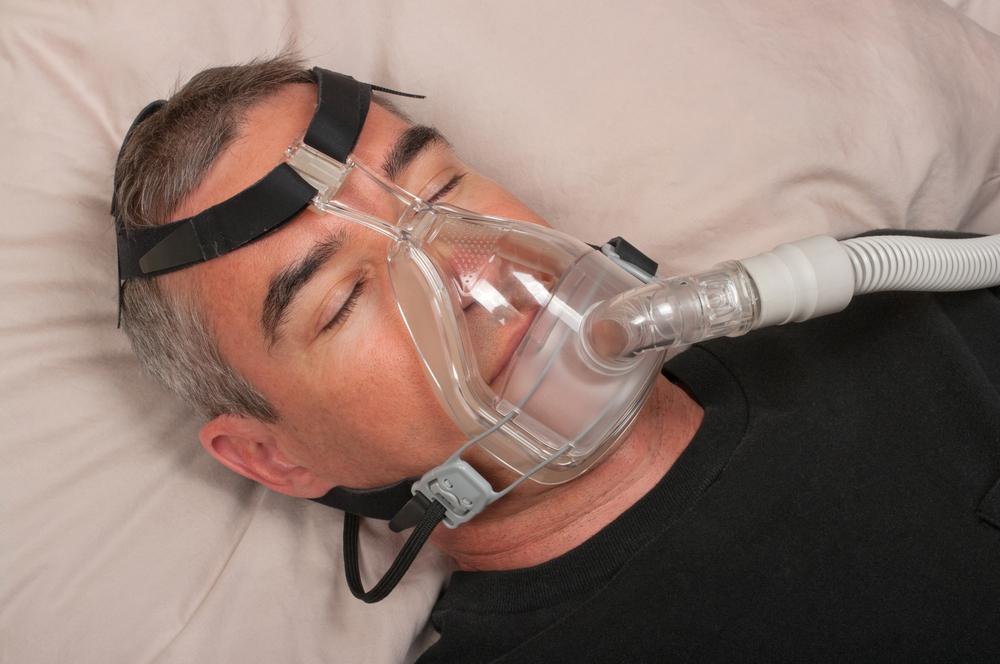
Sleep Apnea – Top Causes and Symptoms
When you sleep, your body rejuvenates itself. This is why not getting a good night’s sleep can be detrimental to your overall health. Sleep apnea is one of the leading causes of poor sleep. This is a condition that makes a person stop and restart breathing repeatedly while they’re asleep. This condition can even be fatal. The good news is that it is treatable as long as one recognizes the signs and symptoms of sleep apnea and starts treatment as soon as possible.
There are two types of sleep apnea based on the factors causing the condition. The signs and symptoms of sleep apnea often overlap making it difficult to determine the exact type of sleep apnea.
- Obstructive sleep apnea
This type of sleep apnea is caused by the relaxation of muscles in the back of the throat. This narrows the airway and makes it difficult for air to pass through. When the blood does not get adequate oxygen, the oxygen levels start to fall. This, in turn, makes the brain rouse you from your sleep to reopen the airway. This awakening may be very brief and the patient may not recall waking up at all. In some cases, this pattern can repeat itself up to 30 times in an hour. - Central sleep apnea
In this case, the brain does not pass a signal to the muscles responsible for breathing. As with obstructive sleep apnea, it makes the person wake up briefly. Central sleep apnea is less common.
Sleep apnea can affect anyone but certain people may have a higher risk. It is therefore important to get yourself checked if you start to notice symptoms that point towards this condition.
Factors affecting the risk of obstructive sleep apnea are:
- Obesity or being overweight
- People with thicker necks
- People who have inherited a narrow throat
- People with a family history of sleep apnea
- Use of alcohol or sedatives
- Smoking
- Age (seniors are more susceptible to sleep apnea when compared to young people)
Factors affecting the risk of central sleep apnea are:
- Heart disorders
- Use of narcotic pain medication
- Men have a higher risk
- The risk of this condition increases with age
Some of the signs and symptoms of sleep apnea include:
- Loud snoring
- Gasping for air while sleeping
- Waking up with a dry mouth
- Headaches after waking up
- Insomnia
- Reduced attention span especially while doing normal tasks
- Irritability
- Fatigue (especially daytime fatigue)
- Waking up in the middle of the night with a choking sensation
- Restless sleep
- Feeling very sleepy during the day especially while working and watching television
- Mood changes
- Lowered sex drive
- Nighttime sweating
In many cases, the signs and symptoms of sleep apnea are noticed by the person sleeping beside the person with the problem. Loud snoring is usually the first sign. However, it is often not considered very serious and thus overlooked. Sleep apnea can have many complications and even be fatal if left unaddressed. Hence, it is best to consult a doctor and start treatment at the earliest.



